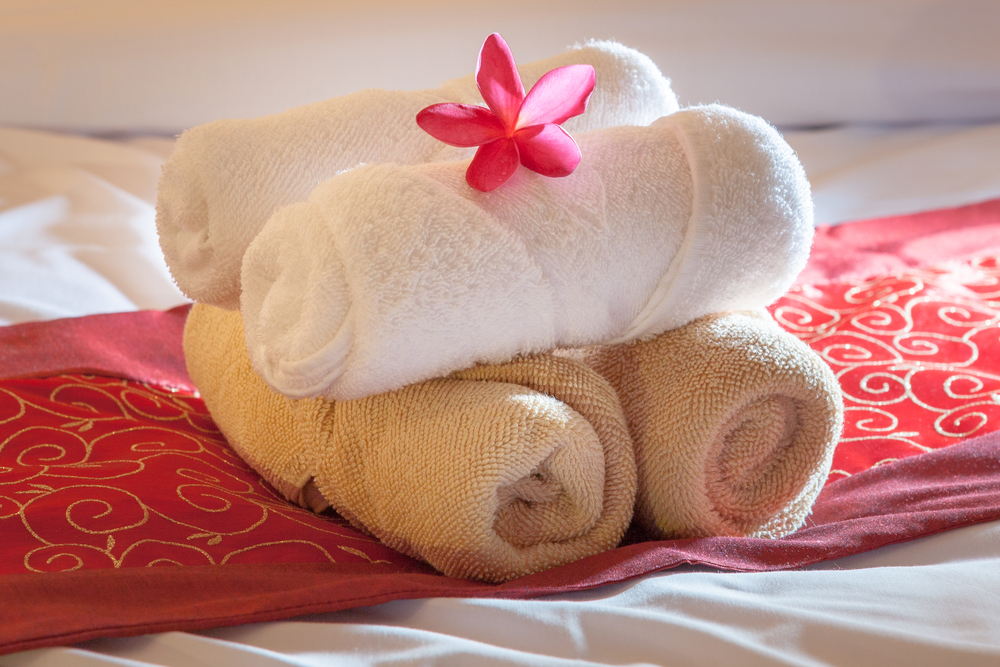In addition to providing guests with clean towels to take a shower and a safe refuge for the night, successful hoteliers strive to make guests feel comfortable while they are away from home. As basic as this may sound, excelling at this sometimes elusive goal requires training, skill and sometimes a bit of detective work that would impress even a seasoned mystery novelist.
The number one priority of a hotel is to make each guest feel as comfortable as they would be in their home. This often proves to be more difficult than it seems. While this task may seem daunting, experienced hoteliers are masters at making both business and leisure travelers relax and enjoy the experience of being a guest at a hotel.
A hotel must know some information about a guest before they arrive to prepare the accommodations to be more comfortable and familiar. This often entails making educated guesses as to what home is like for an individual arriving. The best hotels know understanding the guest is a process that should begin well before the person even steps through the door for the best chance of success. For example, if a guest booked a scuba excursions tour through the hotel website, the hotelier may want to personalize the room with scuba related magazines.

A personalized experience will stand out in the minds of guests as a positive memory. The most important part of personalization is to use the guest's name when appropriate. By taking the time to learn and use their name, a hotel can show the guest how important their stay is to them. Much of this type of personalized information can be gleaned directly from the online reservation profile created by the guest. Adding a touch of personalization to every guest experience is not easy, but it is what sets the great hotels apart from the good.
Hotels that tend to be the most successful are the ones who can efficiently collect and document a wide array of data about their guests. For example, upon check-in a guest might mention their visit is related to an anniversary. This type of information is often readily given out by the guest and can be used to personalize and increase rapport throughout the guest's stay.
Once documented, waitstaff can use the information to show an added level of hospitality during the guest's meal. The lobby bartender then might suggest champagne to toast the occasion. As the collective databank of an individual guest increases with each visit, the ability to impress the guest increases as well.

The best and most complete information about the intricacies of an individual guest comes from data mined through repeat guest interactions. Over the course of several days or visits, guests can unknowingly reveal preferences and tastes to hotel staff willing to use a keen eye and attention to detail. On a previous visit, the guest may have requested a high floor, asked for feather pillows, requested early wake up calls, inquired about yoga classes, or even provided information on food allergies when ordering room service. Every interaction with a guest is an opportunity to enhance their experience even further.
All of these situations are great chances to get to know the guest as an individual and use this information to customize their experience at the hotel. The best hotels waste no opportunity to learn more about their guests to make them feel special, valued and appreciated.
Hotel guests have many choices when they travel, and making them feel special greatly increases the chances of a repeat visit. It costs far less revenue to get a guest to return than it does to get a new person to book a hotel room for the first time. Hospitality is about providing the best service for a guest's needs.